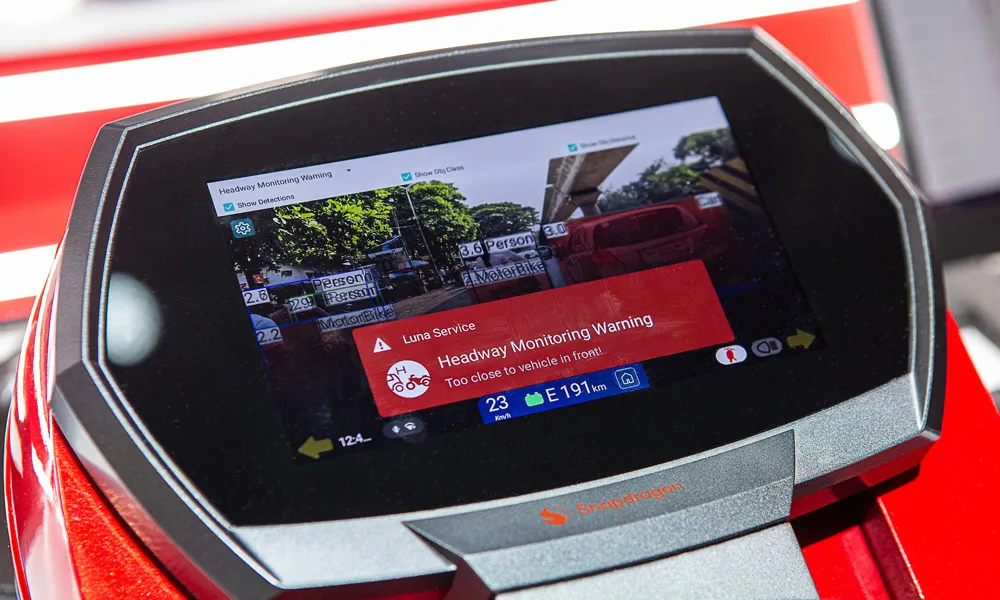Allied Vision has extended its Prosilica GT large format camera range with a new electro-focus (EF) lens control which is said to provide a ruggedised all-in-one lens control solution. The new mount simplifies lens control via GenICam feature access (negating the need for serial commands) and enabling the camera to automatically focus sequentially on subjects in different distances.
March 10, 2016
Read time: 1 min
Power to control EF-mount lenses can be provided via PoE (Power over Ethernet) and an improved mechanical design enables planarity adjustment towards the sensor.









